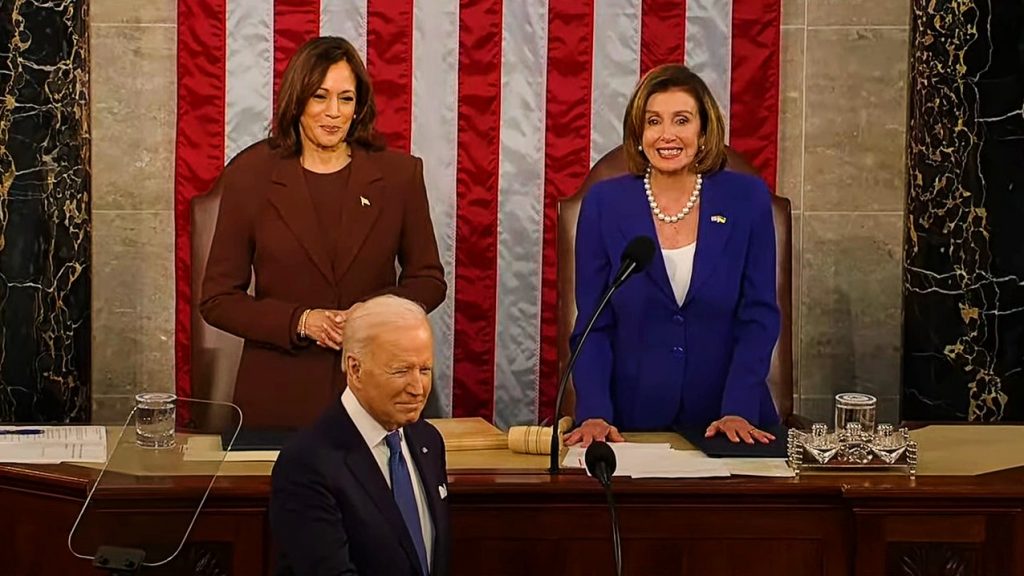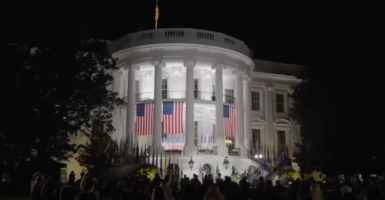Why Student Loan Debt Cancellation Might Make Income Inequality Worse
Studies suggest that student loan forgiveness benefits the wealthiest population in America, furthering income inequality.

Student loan forgiveness is a topic championed by many liberal lawmakers across the nation. Officials like Chuck Schumer, Elizabeth Warren, and Alexandria Ocasio-Cortez have been urging Biden to wipe out student loan debt for borrowers since he took office. The notion to enact this sweeping legislation has been met with plenty of divide in the country. However, a recent survey found that the majority of Americans, including young adults, are actually against total student loan debt forgiveness. Part of that reason may be because more Americans are starting to believe that such a sweeping act might actually worsen the income disparity in the U.S.
Karol Markowicz is a columnist at the New York Post. Yesterday, she published an op-ed piece for Fox News, shedding light on the idea that loan forgiveness in the student loan sector might hurt the poor and middle-class families the most. Biden has never outright approved of total student loan debt cancellation, but he did tout a pledge to erase $10,000 off of borrowers’ bills during his campaign for the White House.

Earlier this week, Biden met with the Congressional Hispanic Caucus, where he once again shared that he is likely close to shelling out loan forgiveness in some form or another. The President never mentioned how much money borrowers would receive, and many sites claimed that figure might be $50,000 per borrower. However, CBS News just reported that the 46th President confirmed that his measure if carried out, would not be for that much.
So what exactly is the reason why many Americans think student loan forgiveness is a bad idea? For one, some believe that it sets a horrible example to thousands of Americans, normalizing the idea to ignore debt. Others say it is an unfair notion, as countless Americans have gone through some of the same issues, yet still had to pay off their debt. And with inflation as high as it is, others warn that it will have detrimental effects on the economy.

According to Markowicz, the biggest reason to oppose loan forgiveness on this level points to income disparity. The journalist claims such an act would only be a “money transfer” to the wealthiest Americans. Backing this claim up, she pointed to a recent report from the Chicago Booth Review. The publication from the University of Chicago divulged that wealthier families would benefit the most from blanket student loan cancellation.
The extensive study collected public information and found that the highest-income groups in America hold about twice the student loan balances as of the lowest-income groups. Since wealthier debtors are more likely to have the means to pay off those loans, loan forgiveness would benefit them the most. In essence, blanket loan forgiveness makes the rich richer, further despairing income equality in the U.S.

Furthermore, many critics opposed to such loan forgiveness aren’t necessarily against progressive measures. They point to one caveat with the idea: that it fails to address the larger issue at hand, which is the disproportionate costs of schooling. Speaking of inflation, the history of college costs puts inflation into perspective, showing how much more average higher ed costs have risen against inflation. Last November, Fox News reported that the average cost to attend college has risen over 5x the rate of inflation over the past few decades. This means that a father-son due attending the same college a few decades apart had considerably different costs, even when counting in rising inflation as a factor.
It should be noted that much of what opposers argue for wealth disparity in loan forgiveness talks about wiping out the debt completely, but that is not what Biden is touting. Regardless, it is a huge and heartfelt issue to most Americans, and both sides of the divide make virtuous points. But for now, America can only wait to see what comes next, if Biden holds true to his words.



